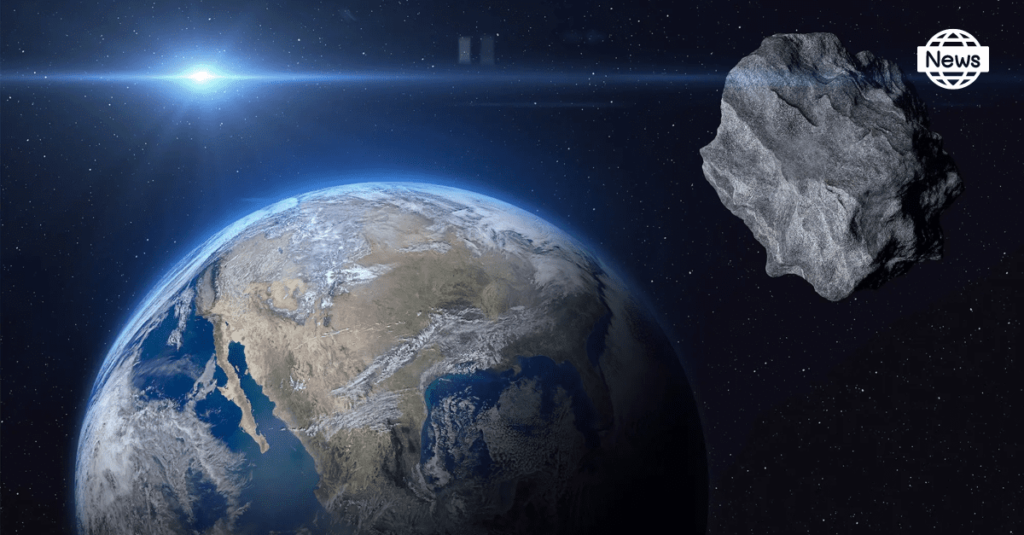A major impact is caused by Asteroids when they stuck to the Earth as experienced several times in history. According to NASA a collision of a single asteroid and the Earth about 65 million years ago caused the dinosaurs to extinct from the planet. Our planet along with life had survived the cataclysmic collision. This doesn’t mean that The Earth will stand as it is even if the asteroids hit on it even though many living things go extinct. But, due to the gravitational pull of Earth, It may attract several celestial objects like asteroids and comments leading to its impact. The impact craters on Moon needs to be observed to follow the frequency of these type of occurrences.
There are various asteroids that surround our planet Earth out of which some of them are far and some are near. NASA has now revealed that one of the asteroids is moving towards Earth.
The details of Asteroid 2023 HG1 :
According to research by NASA an Asteroid named Asteroid 2023, HG1 will be in close vicinity to Earth tomorrow on May 9. The said space rocket is moving at a speed of 8494 km/hr and is estimated to pass the planet from a distance of 4.1 million kilometers. Asteroid 2023 HG1 is claimed by NASA to be a size of a house that has a width of around 60 ft.
During the 1930s, A German astronomer found a humongous 1862 Apollo asteroid to which the stated Asteroid 2023 HG1 belongs. These asteroids are from a group of asteroids that stays near the planet Earth.
Few Facts:
NASA has focussed its investigation on asteroid Bennu which has a chance of colliding and impacting Earth between 2175 and 2195 by 1/2700. A two-year investigation is planned for Bennu by the spacecraft named, OSIRIS-REx. It is then planned to bring a sample of its surface back to Earth. OSIRIS-REx will also study how the orbit of Asteroid Bennu is affected by the absorption and radiation of the sunlight. It will also find out its impact on Earth.
